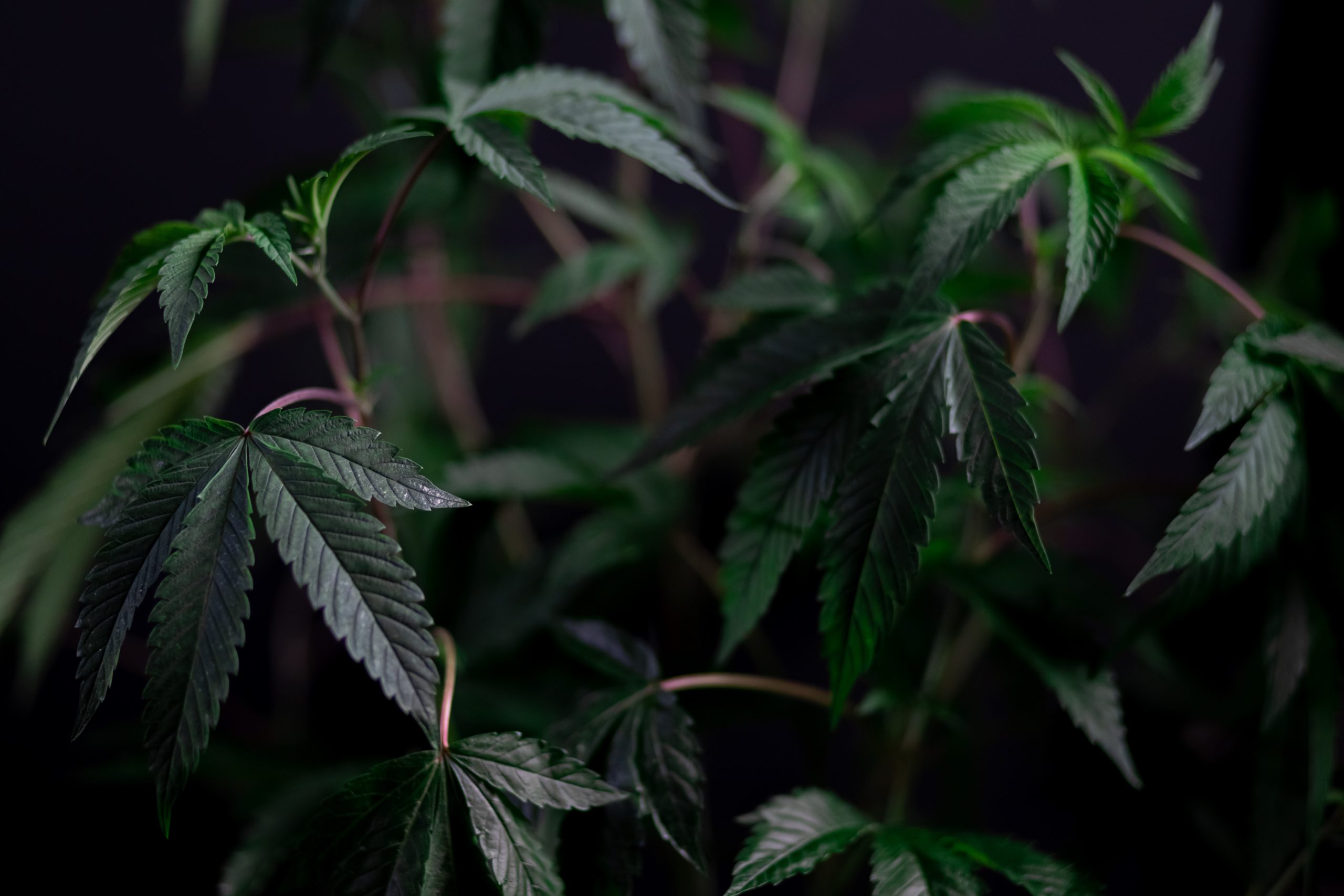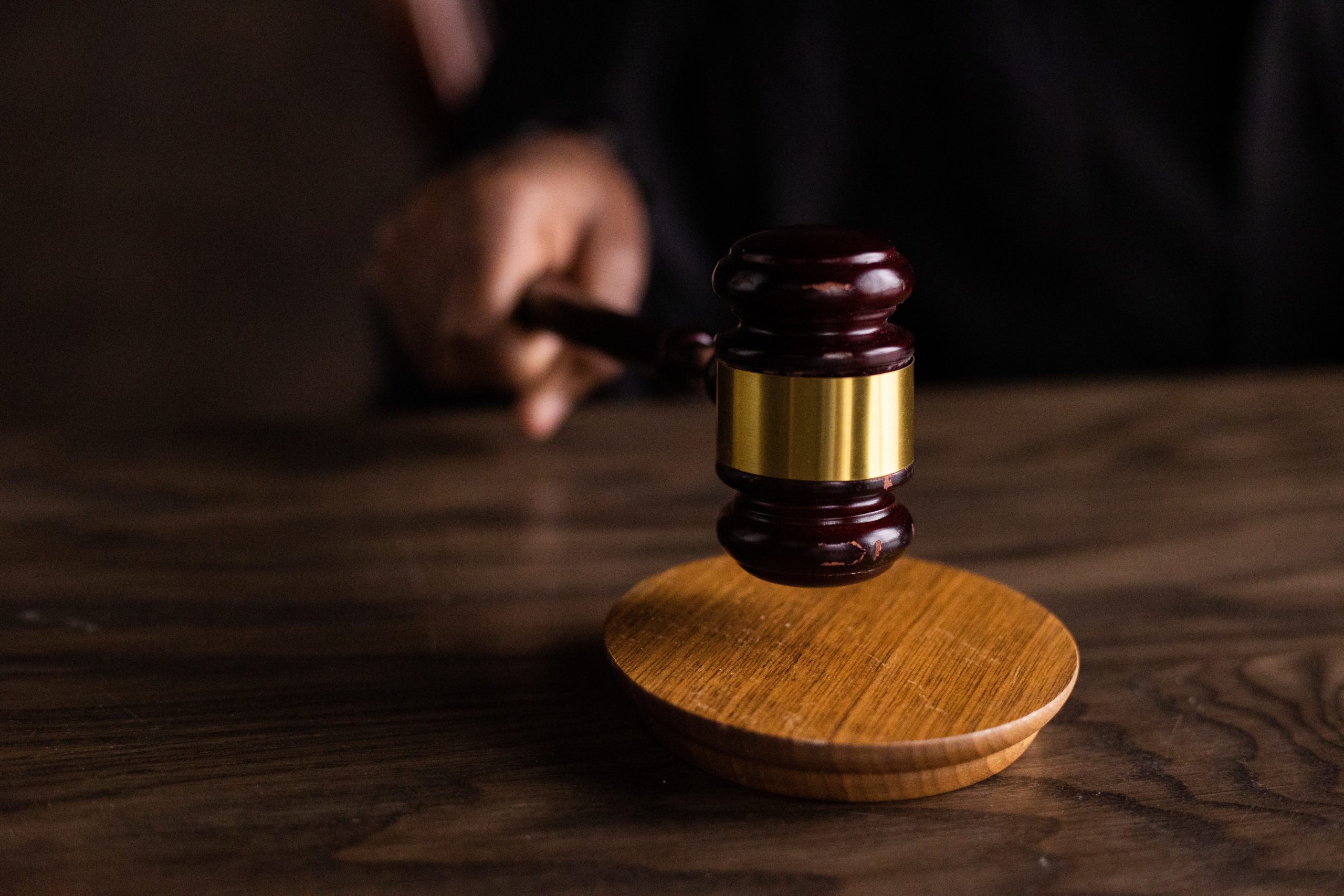
The intersection of cannabis and sports has gained significant attention and scrutiny in recent years. Athletes across various disciplines are turning to cannabis for a range of reasons, including pain management, relaxation, and recovery. However, the relationship between cannabis and sports performance is a complex one, with both potential benefits and drawbacks that necessitate closer examination.
The prevalence of cannabis use among athletes has been on the rise, fueled by the belief that it may enhance performance or aid in the recovery process. Many athletes claim that cannabis helps them manage pain and inflammation, enabling them to push through intense workouts or competitive events. Furthermore, cannabis has been touted for its relaxation and anti-anxiety effects, potentially reducing pre-competition jitters and promoting restful sleep, which are crucial for optimal athletic performance.
Cannabis has shown promise in helping athletes in various ways. For instance, certain compounds found in cannabis, such as cannabidiol (CBD), have demonstrated anti-inflammatory properties, which can aid in the recovery process by reducing inflammation and promoting faster healing of injuries. Moreover, CBD has been reported to have analgesic effects, providing pain relief without the potential addictive properties associated with opioids. This natural alternative may be particularly appealing to athletes who seek non-pharmaceutical options for managing pain. Additionally, cannabis may have muscle-relaxing properties that can help alleviate muscle tension and promote relaxation, which can be beneficial for athletes during rest and recovery periods.
It is important to note that while there is anecdotal evidence supporting these potential benefits, further research is needed to fully understand the mechanisms and effectiveness of cannabis in enhancing athletic performance and recovery. Athletes considering cannabis use should consult with medical professionals and adhere to the regulations set forth by their sports organizations.
Cannabis use among athletes may have potential benefits as well as drawbacks. On the positive side, some athletes claim that cannabis helps them manage pain and inflammation, allowing them to push through strenuous workouts or competitions. Compounds like CBD found in cannabis have shown promise in reducing inflammation and providing analgesic effects, potentially aiding in the recovery process and offering a natural alternative to traditional pain management methods. Additionally, cannabis may have relaxation and anti-anxiety effects that could benefit athletes by reducing pre-competition jitters or promoting restful sleep, which is crucial for optimal performance.
However, it is crucial to acknowledge that the impact of cannabis on sports performance is still not well understood, and there are potential drawbacks that need to be carefully considered. Cannabis use can impair cognitive function, motor skills, and reaction times, which could prove detrimental in sports that demand precision and rapid decision-making. Athletes must be cognizant of the potential risks associated with impaired performance due to cannabis use.
In addition to the performance-related concerns, certain sports organizations and competitions have stringent anti-doping policies that explicitly prohibit the use of cannabis. Athletes who test positive for cannabis may face disciplinary action, which can range from fines to suspension. Therefore, athletes must be fully aware of the rules and regulations regarding cannabis use in their respective sports and take appropriate measures to comply with these policies.
Furthermore, the long-term effects of chronic cannabis use on athletic performance and overall health are still being investigated. The potential respiratory risks associated with smoking cannabis, such as lung damage and respiratory infections, are important considerations, particularly for athletes engaged in endurance activities that heavily tax the respiratory system. Similarly, the impact of cannabis on cardiovascular health, such as changes in heart rate and blood pressure, warrants further exploration.
The relationship between cannabis and sports performance is multi-faceted, presenting potential benefits as well as drawbacks. While some athletes may find relief and relaxation through cannabis use, it is essential to weigh these advantages against potential impairments to cognitive and motor function. Additionally, athletes must familiarize themselves with the rules and regulations surrounding cannabis use in their respective sports to ensure compliance with anti-doping policies.
As research in this field continues to evolve, it is of utmost importance for athletes and sports organizations to make informed decisions regarding cannabis use. This includes understanding the potential benefits and risks associated with cannabis while prioritizing the safety and integrity of athletic competition. By doing so, athletes can navigate the complex relationship between cannabis and sports with greater awareness and responsibility.
EXPLORE MORE NEWS
Newsletter




